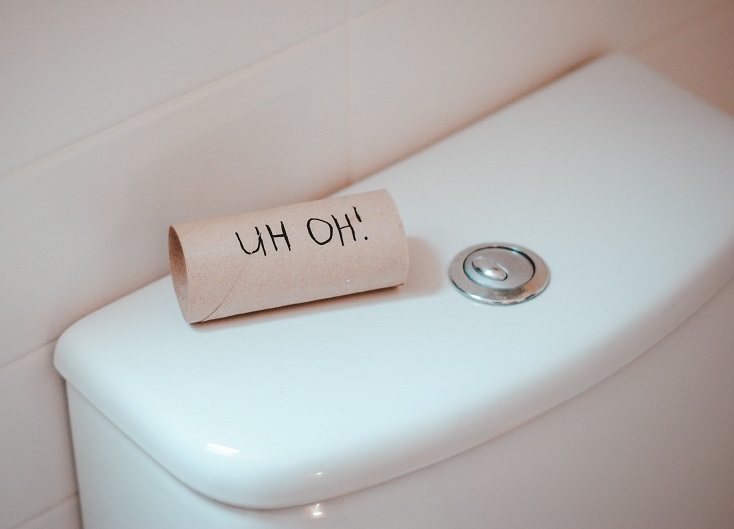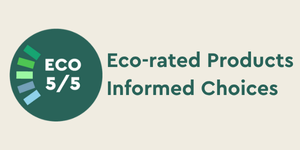Talking toilet paper ....
Why does some toilet paper float?
Not all toilet paper, loo paper, bog roll, toilet tissue or bathroom tissue, whichever you prefer, is created equal.
We expect a lot from toilet paper. We need it to be strong, and soft, and comfortable, and we also expect it to vanish, forever, once it’s flushed.
The kind of toilet paper you choose for your home or business can be better or worse for the environment, your wallet and your plumbing. If you’re connected to a septic tank, this is of particular note, because it’s not simply a matter of flushing away the issue. Sometimes it comes back.

Those lovely, quadruple-ply, extra-fluffy, cottony-soft, quilted toilet paper rolls come at a cost, and not just to your pocket. They also impact the environment.
To create the softest product - luxury, four-ply and quilted toilet rolls - takes trees. Most big-name toilet paper brands don’t use any recycled paper in their tissue products. Super-soft toilet paper requires lovely long fibers that can only be found in fresh timber.
Most toilet rolls touting themselves as quilted or soft are made of thick paper and has the potential to expand. This is not good. A plumbing system is supposed to degrade toilet paper. If toilet paper expands or traps air and floats, it can cause havoc.
But wait there’s more. Triple, or quadruple ply toilet paper has more layers, and that means even more time taken to break down. Quilted toilet paper has glue between the toilet paper layers, so it is going to take even longer to dissolve.
If you use a toilet paper that is too thick, it may not dissolve very well, which means that it can get stuck, clogging pipes.

So, the most important quality for your toilet paper isn’t if it is thick, soft, has pretty pictures, is scented or is on sale, the most important thing is whether your toilet paper breaks down.
Toilet paper that doesn’t dissolve just sits in a clump and can stay there for a long time, eventually creating a big mass of undissolved toilet paper blocking the pipes. And then one day you, your staff or your clients will flush the toilet and instead of the water in the toilet bowl going down, it will start to move up towards whoever is staring there starring in abject horror.
Recycled toilet paper is the answer
More than the brand, the reason for how well toilet paper dissolves is how the toilet paper is made and what it’s made of. Any toilet paper made with 100% recycled paper will dissolve almost completely.
What exactly is recycled toilet paper made of?
Recycled toilet paper isn’t made up of used toilet paper. It’s made up of post-consumer recycled content (PCR). Instead of being made up of long, strong fibres, like the ‘luxury’ brands, recycled paper has short fibres that easily break apart into short little pieces; the bonds in the paper are looser.
If you buy toilet paper that says it’s made from 100% recycled material, no matter the brand, it should break down reasonably easily and it won’t contain any bleach or other harsh chemicals that might affect the delicate balance in a septic system.
Toilet paper manufacturing is a pretty wasteful business. Forests are cut down, water is used to clean and prepare the pulp, chemicals are involved in the manufacturing process, chlorine bleaches are used for whitening too and make toilet paper feel softer, and there are energy costs in the manufacture and transportation. If you use regular toilet paper, you are literally flushing trees down the toilet. If you would prefer not to do that at your home, business or place or work, call 0508 467 462.
Nothing’s worse than cheap toilet paper that feels rough and falls apart when you use it. But you also want to make sure to get toilet paper that dissolves easily in your toilet and doesn’t cause a septic nightmare. We have some great toilet paper to choose from.
Recycled tissue products, such as toilet paper, help protect ancient forests, clean water, and wildlife habitat. If you’re keen for your business to save the planet, and save you from a toilet horror story, speak with our hygiene specialists today.
Posted: Tuesday 28 September 2021


